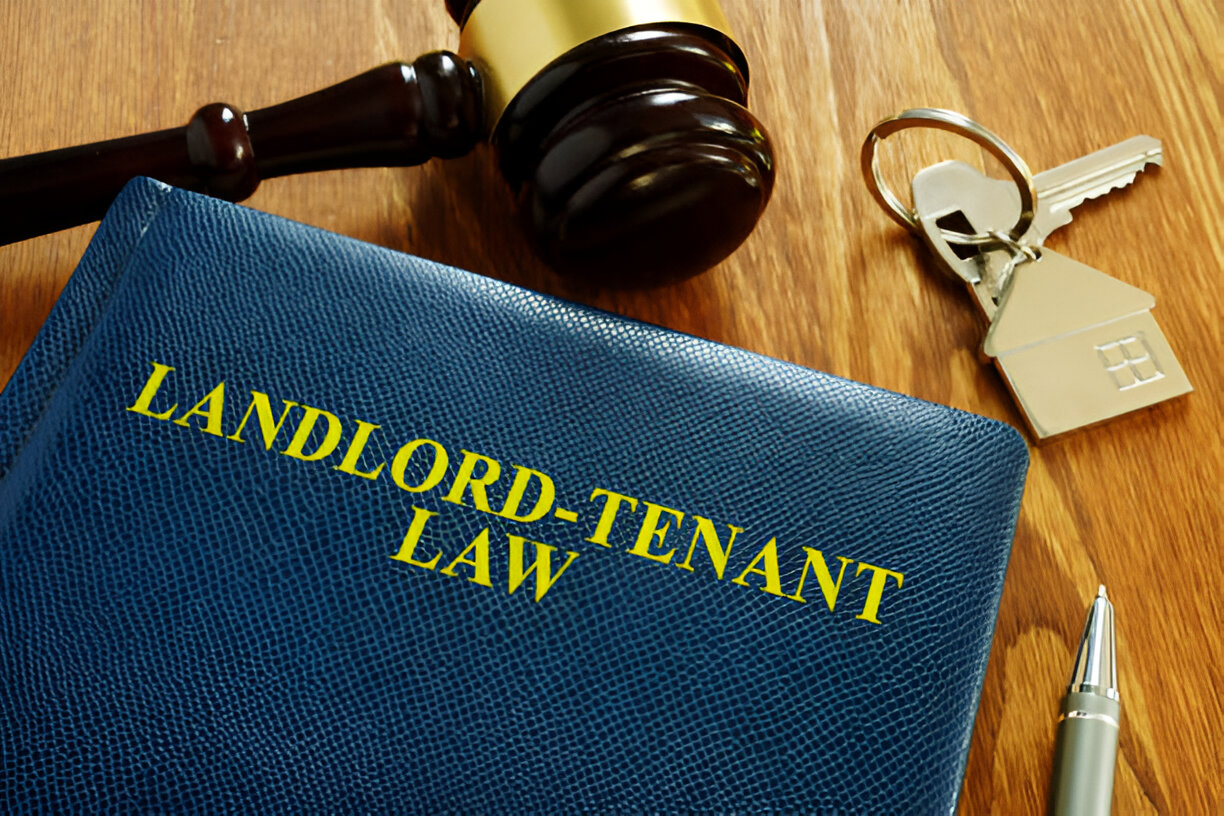Eviction Specialists | Nationwide Service
Protect your rights and reclaim your property with expert legal advice
Get the support you need with legal for landlords to safeguard your rights and efficiently reclaim your property. Expert landlord legal advice ensures you stay compliant with the law while protecting your investment.

Welcome to First4LandlordAdvice
Your partners for fast and hassle-free guaranteed evictions
Our experienced legal team draws upon 25+ years of hard-won property and landlord management experience, and all the lessons relating to lease violations, rent avoidance, eviction notice and trespasses that have come with them. Whatever you are faced with, we are confident our paralegals, lawyers and eviction specialists can take the stress out of your legal matters.
Use First4LandlordAdvice for Your Rental Property:
Essential Tips for Success
For a smooth renting experience, follow these key tips: know local laws, screen tenants, maintain the property, and communicate clearly. Get expert landlord advice and landlord legal advice to stay compliant. Understanding legal for landlords ensures you avoid costly mistakes and protect your investment.
We pride ourselves on our 100% success rate
Enquire about our eviction services by emailing
info@first4landlordadvice.co.uk.
Expert Legal Help for Landlords
Navigate Your Responsibilities with Confidence
How Our Eviction Specialist Can Assist You?
Eviction Specialists Enquiry
Faced with a legal issue that doesn’t neatly fall into one of the above boxes?
We offer a more bespoke consultation service that aims to take some of the day-to-day stress out of managing your rental properties. Our legal team is on-hand to help craft a bespoke roadmap to keeping your properties compliant and well-managed, your tenants happy and your landlord experience smooth.
Get in touch with us at info@first4landlordadvice.co.uk to arrange a discussion about our legal services, or call our helpline at +44 330 043 0034.

How Does First4LandlordAdvice Handle Evicting a Tenant?
Evictions are inherently stressful affairs for even experienced landlords.
First4LandlordAdvice empowers landlords to regain control of their properties efficiently and legally, thanks to our guaranteed 100% eviction rate and proven step-by-step process handled by experienced eviction specialists.
Find out more about how First4LandlordAdvice conducts evictions today.
When evicting a tenant, ensure you follow legal procedures, provide proper notice, and document all interactions to avoid disputes and protect your rights as a landlord while maintaining professionalism.
Tenant eviction specialists provide expert guidance, ensuring landlords navigate the eviction process legally and efficiently, minimizing delays and complications while handling difficult tenant situations with professionalism and compliance.
Tenant Eviction Specialists
Expert Legal Help for Landlords and Property Owners
Tenant Eviction Specialists provide expert legal assistance to landlords and property owners, ensuring smooth and compliant evictions. Specializing in section 21 eviction notice, our team guides you through the section 21 process, from drafting to enforcement, offering reliable support to reclaim your property quickly and legally. Trusted expertize for stress-free evictions.
Tenant Eviction Specialists are your trusted partners in navigating the complexities of landlord-tenant law. We specialize in providing expert legal help for landlords and property owners, particularly in handling section 21 evictions. Our team ensures that your section 21 notice is drafted accurately and served in full compliance with legal requirements, minimizing delays and disputes. Whether you’re dealing with difficult tenants or need guidance on the eviction process, Tenant Eviction Specialists offer tailored solutions to reclaim your property efficiently and lawfully. With our in-depth knowledge of Section 21 regulations, we provide peace of mind and professional support every step of the way.


Residential Eviction
Your Trusted Legal Partner for Property Recovery
Residential Eviction Specialists are your trusted legal partners for seamless property recovery. We specialize in residential eviction processes, including no fault eviction, ensuring compliance with all legal requirements. Our team assists landlords in drafting and serving a valid eviction notice, minimizing delays and disputes.
Whether you’re dealing with challenging tenants or navigating complex eviction laws, we provide expert guidance and support. With a focus on no fault eviction uk cases, Residential Eviction Specialists help you reclaim your property efficiently and lawfully. Trust us to handle the legal intricacies, so you can focus on your investment with confidence and peace of mind.
What are the First4LandlordAdvice watchwords
as Eviction Specialist UK?
An eviction specialist UK can help landlords navigate complex legal processes, ensuring compliance with UK housing laws while efficiently managing tenant removals and minimizing stress during challenging eviction scenarios.

Transparency
There's no doubt that being a landlord at the best of times can be complicated, let alone when evictions rear their head. Our eviction specialists UK, endeavour to make things a little simpler by offering a clear and transparent fee structure, with each step of the process being laid out for your convenience and peace of mind.

Efficiency
If 25+ years of experience has taught us anything, it's that the more you prepare the smoother proceedings are. That's why our first port of call once you get in touch is a free assessment of your claim and property, which allows us to determine if we are able to assist you as early as possible and, if so, chart the best course forward.

Success
We take pride in our ability to offer a one-touch solution for all your eviction and landlord legal needs, spanning initial compliance checks, representing you in court and sourcing bailiffs, if necessary, all within a single package. More than simply convenient, this one-stop service takes the headache out of navigating landlord legal proceedings.







